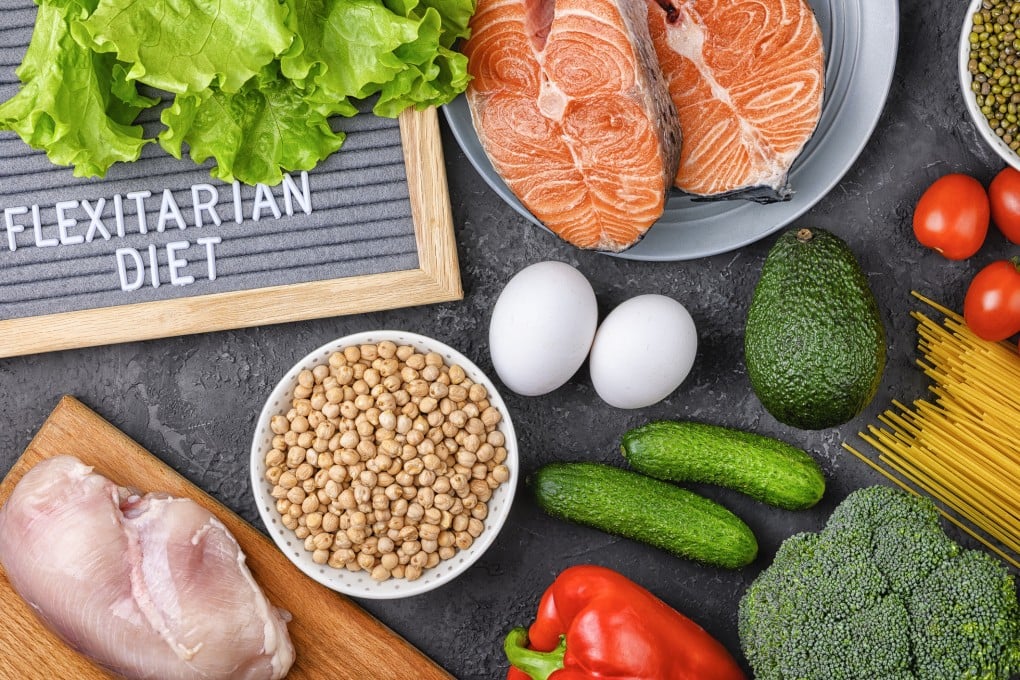Advertisement
Flexitarian food in Hong Kong: four restaurants that celebrate plant-based cuisine and avoid meat or serve less of it
- Hong Kong restaurants Moxie, Bedu, Asaya Kitchen and Cultivate are places with menus that cater for diets without giving up animal protein entirely
- Their chefs endorse eating more healthily and sustainably and giving people the choice of flexitarian or pescatarian eating
Reading Time:5 minutes
Why you can trust SCMP

We know that plant-based diets are good for us, and better for the environment. According to the United Nation’s Intergovernmental Panel on Climate Change (IPCC), eating meat and dairy products is a significant contributor to global warming. Studies show they account for more than 50 per cent of emissions from food production, with beef the major culprit.
The reality, however, is that most diners aren’t ready or willing to become fully vegetarian or vegan. Rather, people are adopting flexitarian or pescatarian diets, which allow them to eat more healthily and sustainably without giving up animal products, and chefs are tailoring their menus accordingly.
At Moxie, one of the hottest restaurants to open in Hong Kong in 2021, head chef and vegetarian Michael Smith believes it’s about choice.
Advertisement
“We don’t want to be a restaurant that says if you’re not vegetarian, you can’t eat here. We want to make our food appealing to everyone.” The restaurant, backed by Shane Osborn of Michelin-star restaurant Arcane in Central on Hong Kong Island, has a menu that’s two-thirds vegan and vegetarian, and one-third seafood; no meat is served.

Stand-out dishes from the menu, which changes often, include a starter of roasted Jerusalem artichokes tossed with green beans, endive (a leafy green), red radish and a walnut dressing, and a salad where green jalapeño sauce contrasts with the intense hue of ruby beetroot.
Advertisement
The dishes are a visual rainbow that “let the quality of the ingredients speak for themselves”, says Smith.
Advertisement
Select Voice
Select Speed
1.00x